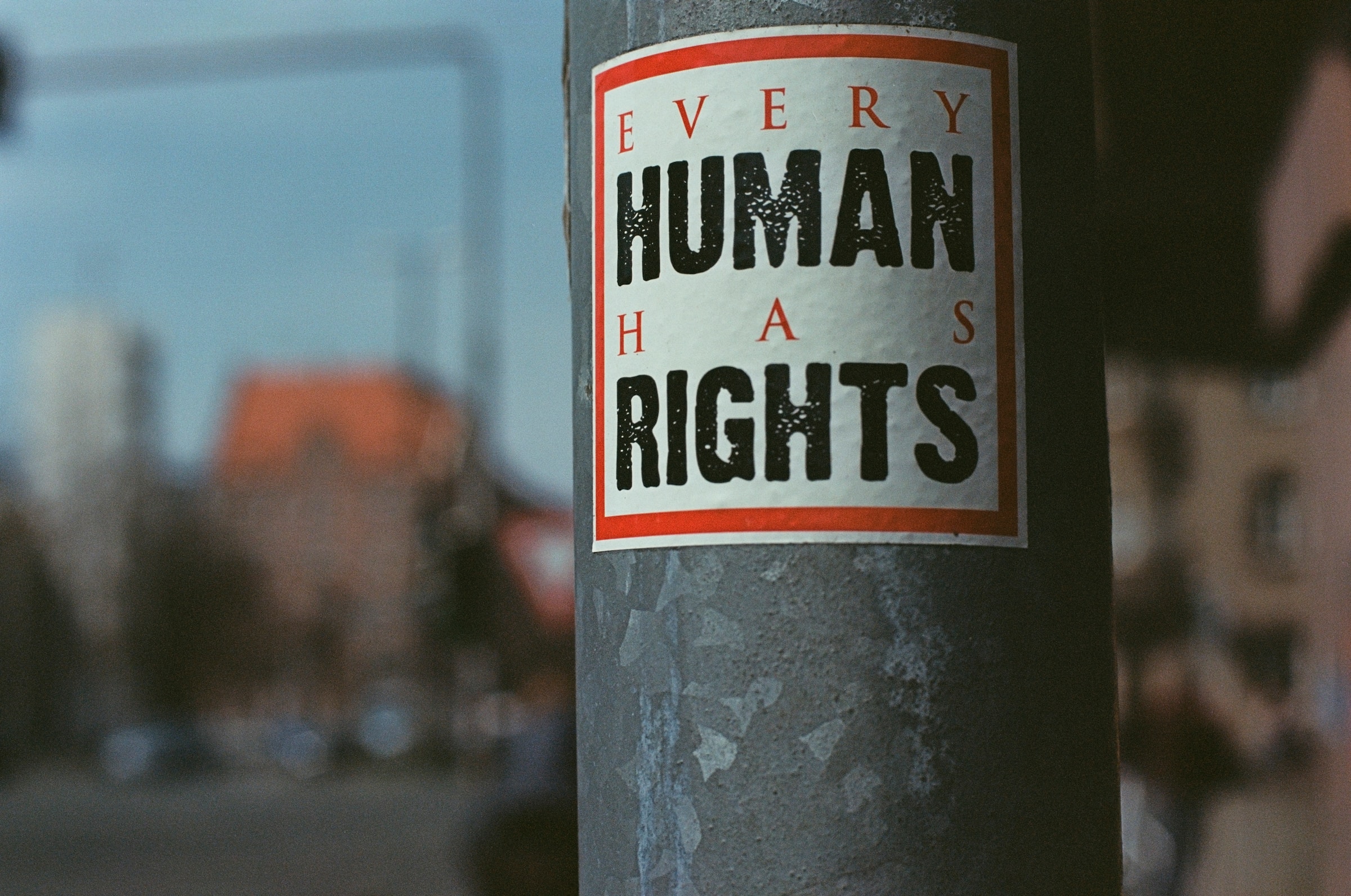
The 10th December, marks the 75th anniversary of the adoption, by the United Nations, of the Universal Declaration of Human Rights. The drafters of the Universal Declaration were well aware of the countless terrible violations of human rights that had been committed especially in the two World Wars. Member States agreed that a blatant disregard for human rights had resulted in barbarous acts which outraged the conscience of mankind.
For this reason, they wanted a consensus document that would proclaim to the world those values that are common to all of humanity. Thus, soon after the birth of the United Nations in 1945, Member States issued the Universal Declaration “as a common standard of achievement for all peoples and all nations.”
The foundation of human rights is the “inherent dignity of the human person”, as the Preamble of the Universal Declaration states. It is not found in the human will or in the State or in public authorities.
This is radical. Our human rights do not depend upon the will or choice of other people. Human rights arise from our dignity as created in the image and likeness of God. It is for this reason that the Church constantly affirms the innate dignity of the person as the foundation of human rights, and the right to life from conception to natural death as the first among all human rights and the condition for all other rights of the person.
In Christifideles Laici, Pope John Paul II made a very important point: “The common outcry, which is justly made on behalf of human rights – for example, the right to health, to home, to work, to family, to culture – is false and illusory if the right to life, the most basic and fundamental right and the condition for all other personal rights, is not defended with maximum determination” (Christifideles Laici, no. 38).
It is so painful to see how many fundamental rights continue to be violated today, especially the right of every human being to life. Pope Francis speaks about the victims of war, violence and poverty who suffer flagrant violations of their basic rights. He then adds: “In our day, there are more subtle means: I think primarily of innocent children discarded even before they are born, unwanted at times simply because they are ill or malformed, or as a result of the selfishness of adults. I think of the elderly, who are often cast aside, especially when infirm and viewed as a burden. I think of women who repeatedly suffer from violence and oppression, even within their own families. I think too of the victims of human trafficking, which violates the prohibition of every form of slavery” (Address to the Diplomatic Corps, 8 January 2018).
Let us pray to the Lord: help us to realise that “in today’s world many forms of injustice persist, fed by reductive anthropological visions and by a profit-based economic model that does not hesitate to exploit, discard and even kill human beings” (Pope Francis, Fratelli Tutti, n. 22). Give us the vision of purpose to guard against the complacency of the comfortable, and the strength to uphold the inherent dignity of all human beings, the basis of the inalienable rights of all.
✠ Joseph Galea-Curmi
Auxiliary Bishop
This article was first published on The Sunday Times of Malta on 10th December 2023





